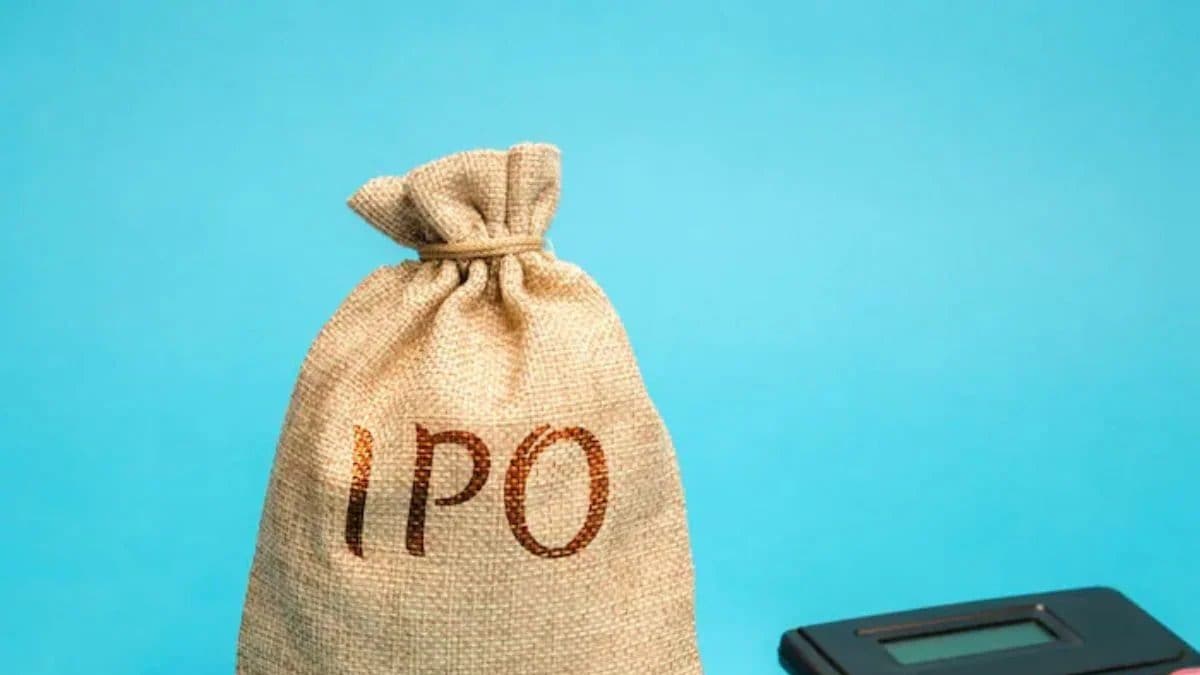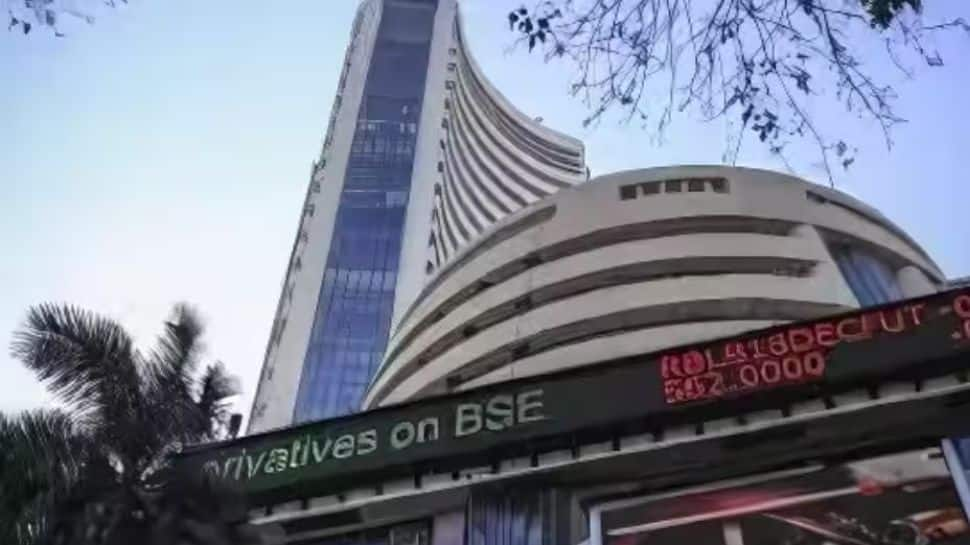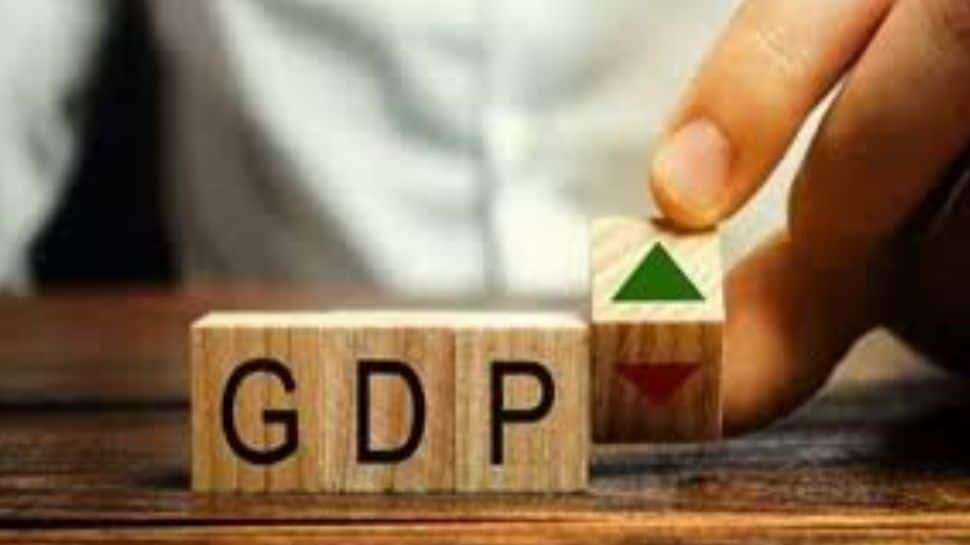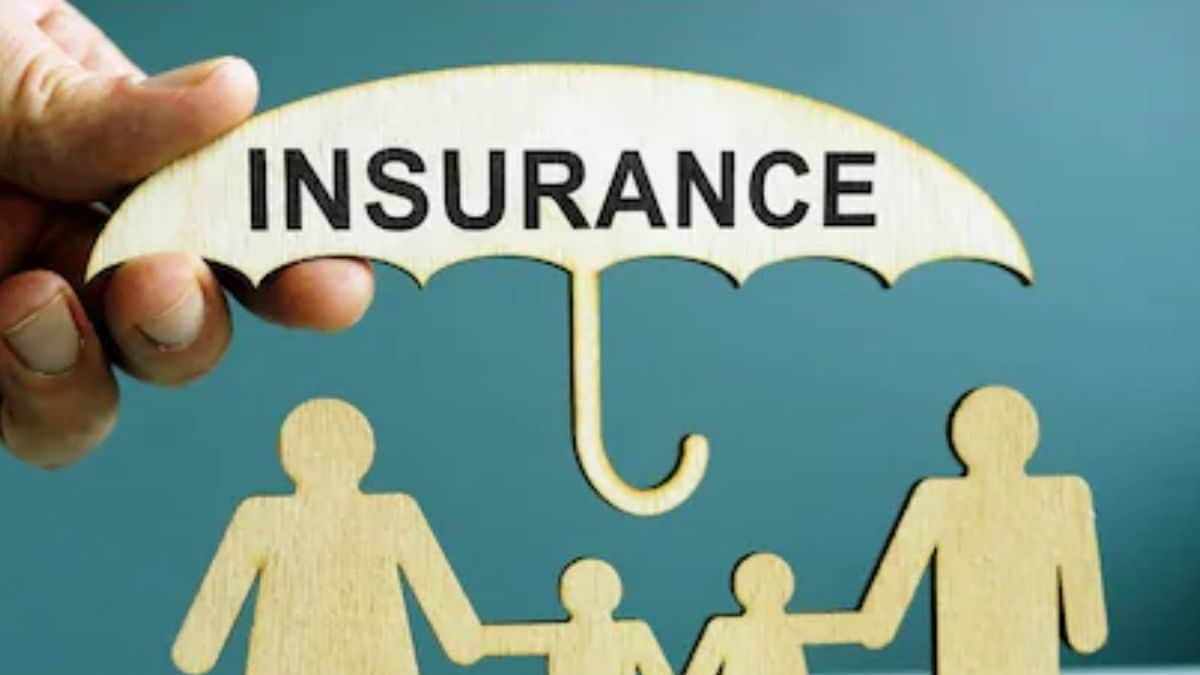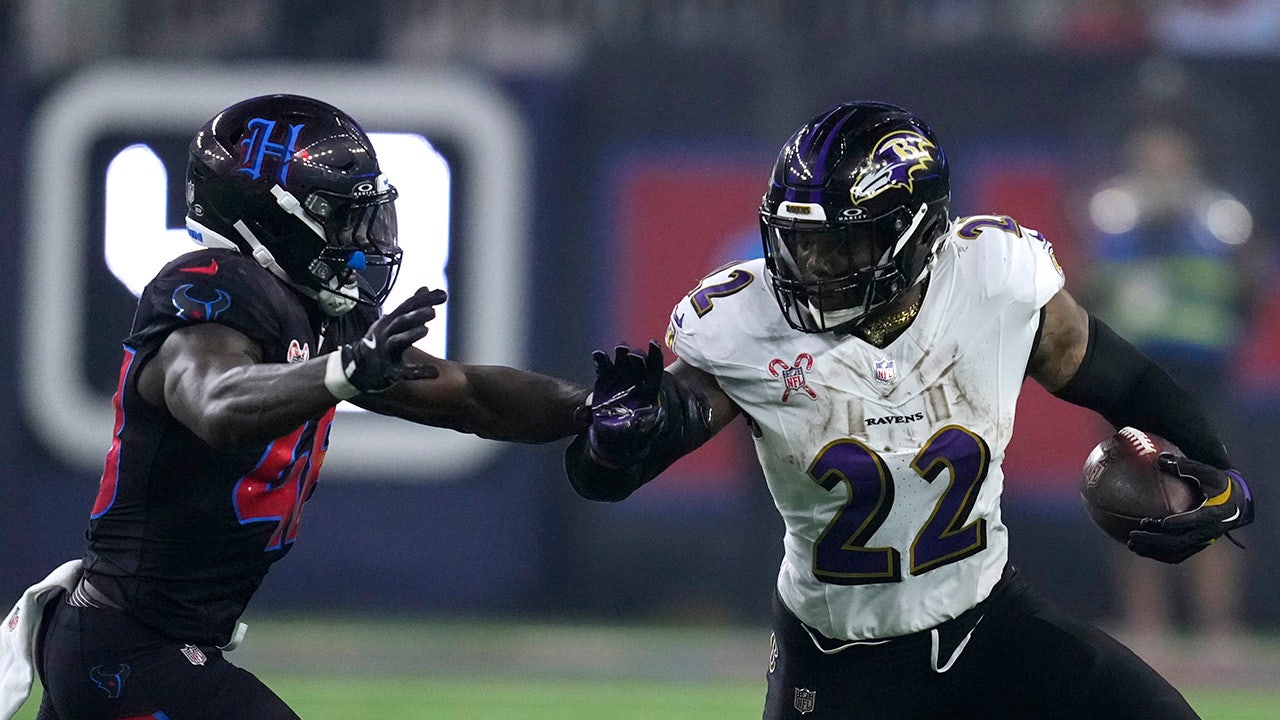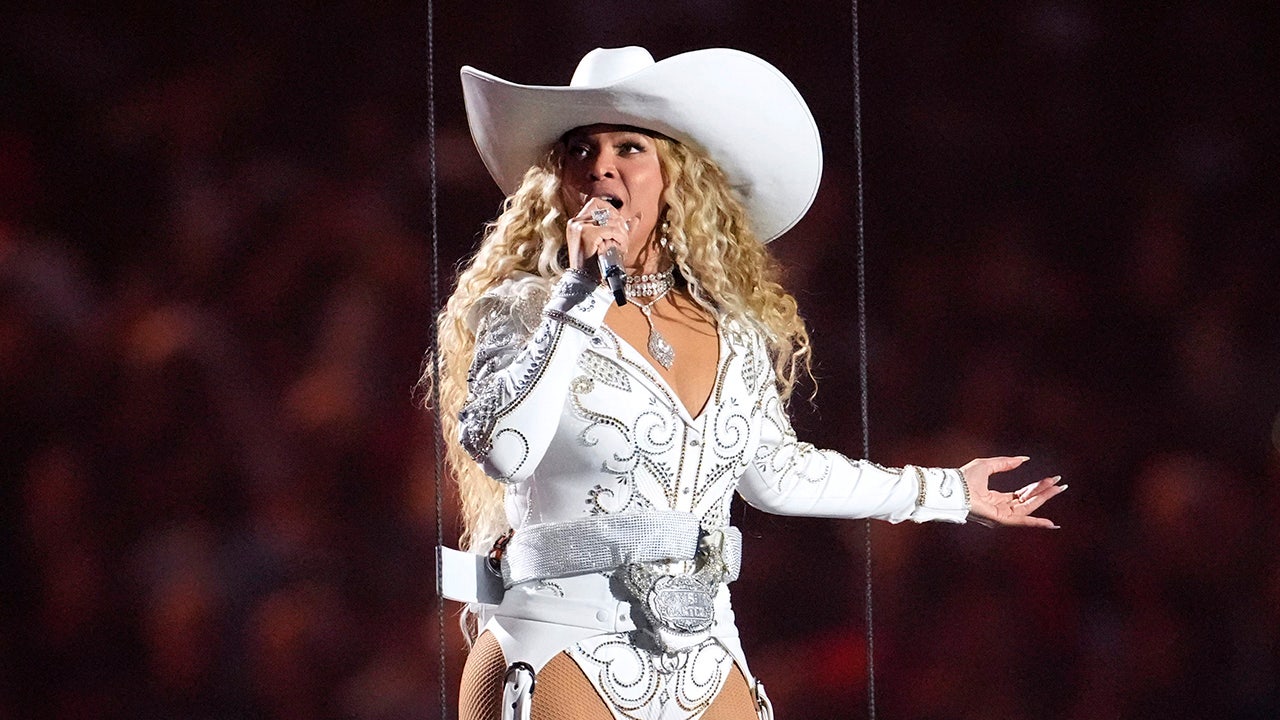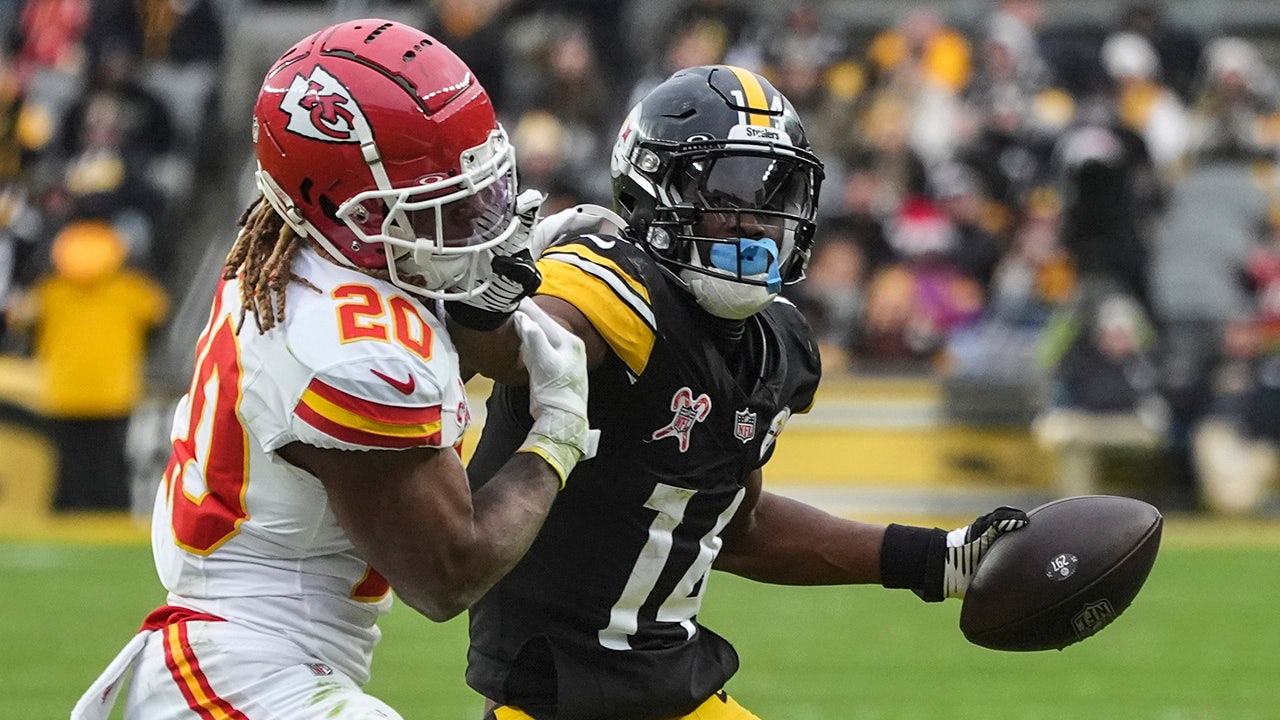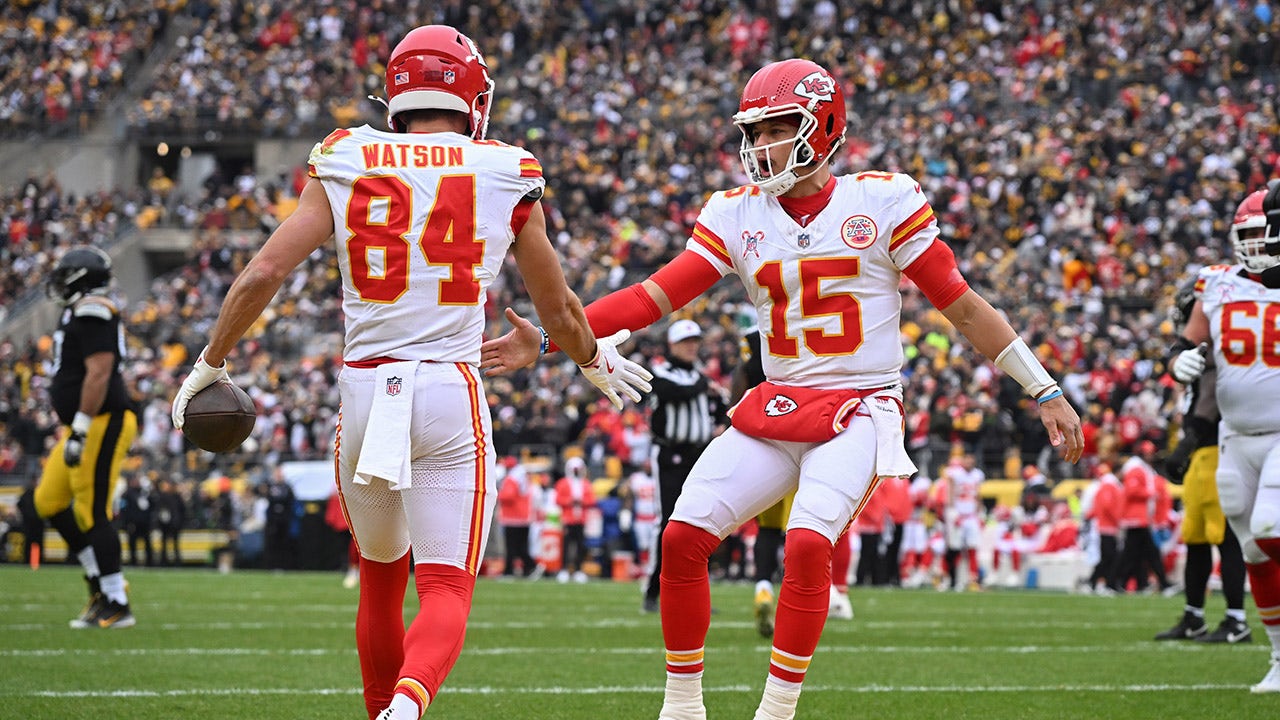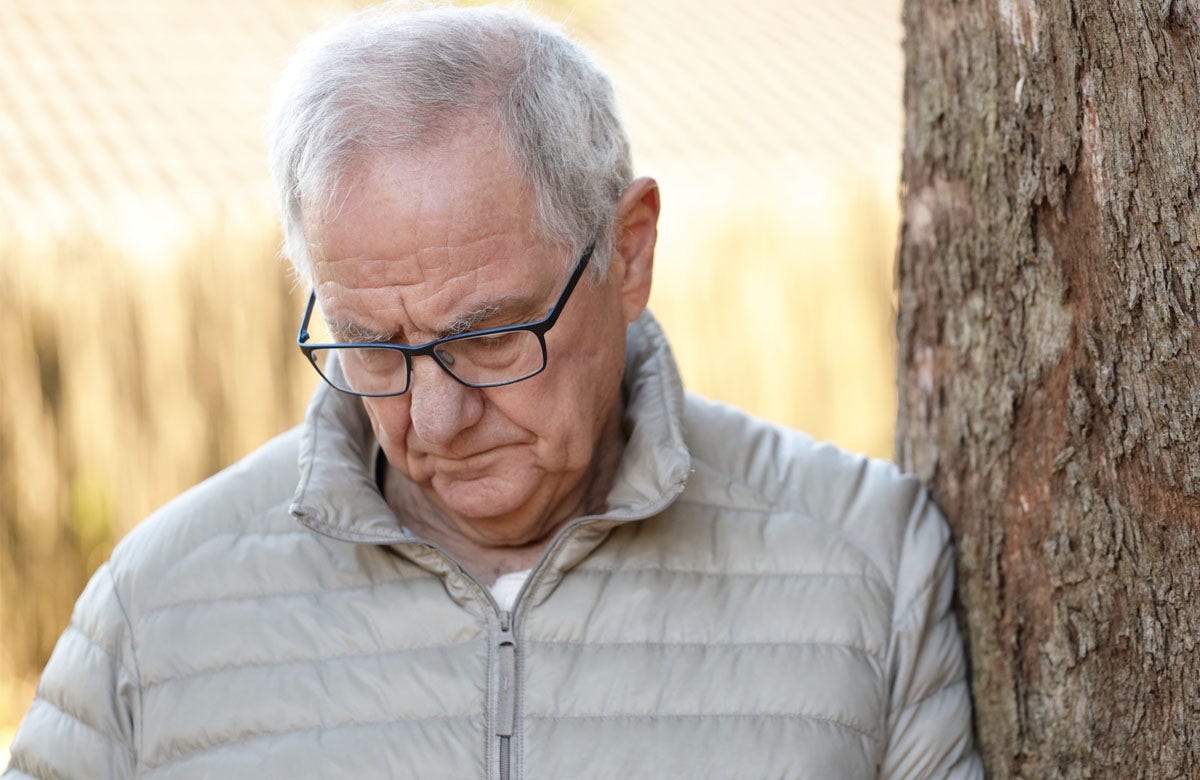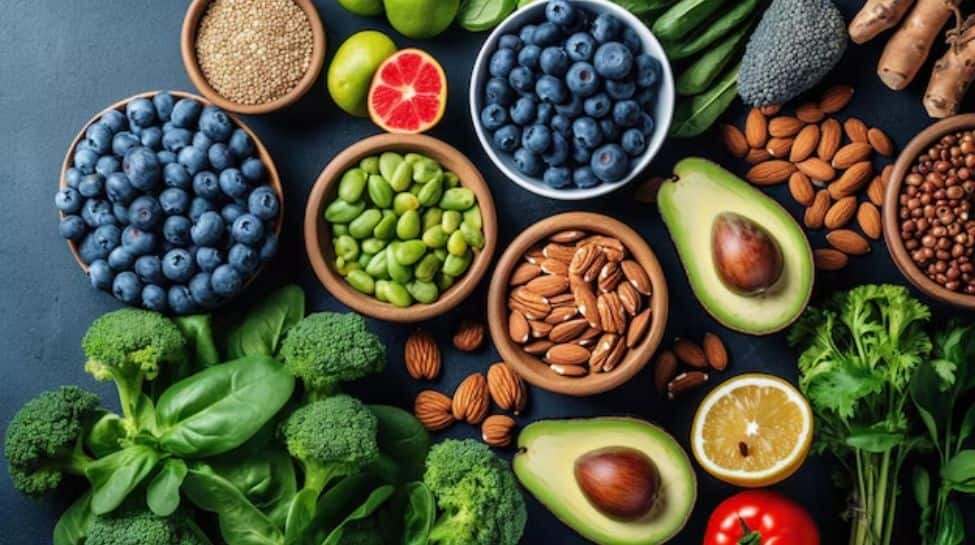Li served as premier under Xi for a decade until he was replaced by a Xi loyalist earlier this year. As premier, he had been charged with the day-to-day running of the government and leading the economy, but was largely sidelined during his tenure as Xi concentrated power in himself.
Born in Anhui, one of China’s poorest provinces, where his father was a local official, Li has been described by classmates and associates as a cautious political operative who moved up quickly through the Communist Party ranks. He became the youngest official to govern a Chinese province when he became party secretary of Henan at age 47.
A technocrat who aimed to reshape China’s economy around the emerging middle class and their nascent consumerism, Li was once considered the main rival to Xi for the top job. He came to prominence through the Communist Youth League faction, the power base of Xi’s predecessor, Hu Jintao.
Li’s ties to pro-democracy activists at the university once gave observers hope that he would change China’s autocratic system from the inside. He studied economics at the elite Peking University in the 1980s at the height of a wave of openness and liberal thinking that ended with the crushing of pro-democracy protests in 1989 in Beijing. Others believed he would push pro-market economic reforms; he studied under a leading proponent of privatization.
But that was not to be the case. Soon after becoming China’s No. 2 official, Li’s influence quickly waned. Unlike previous leaders who shared power — like Hu and his premier, Wen Jiabao — Xi took more control and turned to close allies to help manage economic affairs.
Even as he was sidelined, Li came to symbolize dissatisfaction with the statist turn of the economy as regulators cracked down on private industry. In 2020, as China’s economy suffered during the covid outbreak, Li said in a speech that 600 million people in China were earning less than $140 per month, comments that prompted outrage over continued inequality despite a government campaign to eradicate poverty.
He was seen as subtly pushing back against the government’s strict zero covid policy. During the pandemic, he called for “balancing” fighting the virus while also developing the economy.
In 2020, during the outbreak, he called for a revival of the once vibrant “hawker economy” of small streetside stalls that had been largely banned — spurring a temporary revival.
As premier, Li’s economic policies became known as “Likonomics.” As Communist Party boss of Liaoning province, an industrial hub in northern China, he dismissed official measures in favor of his own measures based on railway cargo volume, electricity consumption and bank loans, according to a State Department memo released by WikiLeaks.
In 2007, he told then-U. S. Ambassador Clark T Randt that economic data published by the government were “unreliable,” according to the cable.
During a visit to Shenzhen last year to pay tribute to Deng Xiaoping, often considered the architect of China’s market liberalization, he spoke about the “earth-shattering changes” brought by opening up to the world and declared that reforms must continue.
“China’s opening up will continue to advance. The Yellow River and Yangtze River will not flow backward,” he said.






